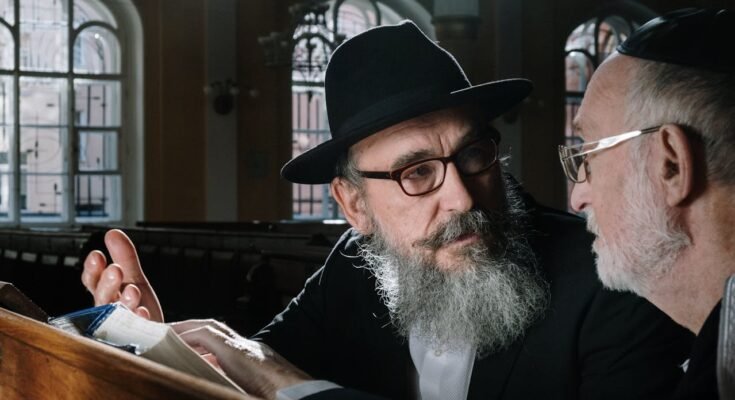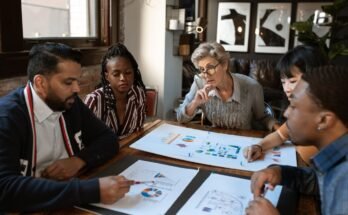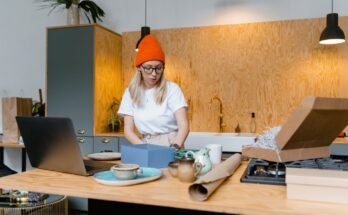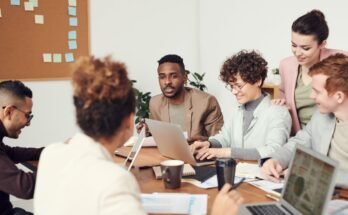Theoretical knowledge of something is one thing, but mastering it usually takes practice. Seeing how a concepts play out in the outside world can strengthen understanding and encourage greater insight. This kind of experimentation with concepts and reflection on how it went builds confidence about being able to solve problems, and enhances learning.
They are skilled from doing instead of asking.
The application of concepts to real-world scenarios moves us from passive learning into engaged learning. In any field, be it science, business, education or personal development, direct involvement allows us to:
- Theory Data — Identify Gaps in Knowledge — Theory may miss out on nuances found in reality. By provoking, we learn things we never knew to ask.
- Develop Critical-Thinking Skills – When you apply theory in a practical environment, things rarely go as planned.
- Retain Information Better – Self-guided learning is supplemented by a far greater level of memory and comprehension than any more passive means of learning.
- Acquire Jurisprudence – We draw pragmatic validation of our skills and impel usher to venturing out crusade.
Concepts in the Real World
1. Science and Engineering.
In science, experimental scientist test their first hypotheses and then theories. Prototypes are constructed by engineers to assess designs viability. These tangible actions carry the risk of slowing down scientific progress.
2. Business and Entrepreneurship
Unlike scientists, who generate data in controlled laboratory settings, entrepreneurs experiment with business models using real-world markets, iterating their strategies according to customers’ responses. A concept that sounds great in theory may not hold up in the real world, but testing tames it into a viable business idea.
3. Education and Learning
Rather, being more hands-on with mathematical and scientific concepts than reading textbooks provides students with a better understanding. In the same vein, foreign language enthusiasts (they call them 2nd language learners) do much better with conversation than rote memorization of lists.
4. Growth and Development
The same goes for other areas of life from fitness, financial planning — experimenting different techniques allows us to find our sweet spot. The key to develop better and better is to learn from the past mistakes as well as successes.
The Role of Reflection
There is no time for headless chicken behaviour — experimentation is key but reflection is where the learning really happens. Reflection implies finding patterns and adjusting accordingly based on the results. To do this effectively:
- What worked well? Questioning: What didn’t? Why?
- Journaling: Writing down your observations can help you clarify your thoughts and identify patterns.
- Seek Feedback: Collaboration with mentors, peers, or subject-matter experts can lead to fresh insights and deeper comprehension.
- Adjust and Iterate: Learn from the reflection and refine the approach for next time.
Conclusion
This process of reflection and experimentation is one of the most powerful and effective tools that can lead to deeper learning and continuous improvement. It is through practicing and applying these concepts to real-life situations and studying the impact of this application that people turn theory into practical knowledge. In academia, in professional fields, in daily life, by adopting this method, people achieve higher levels of mastery and creativity;



